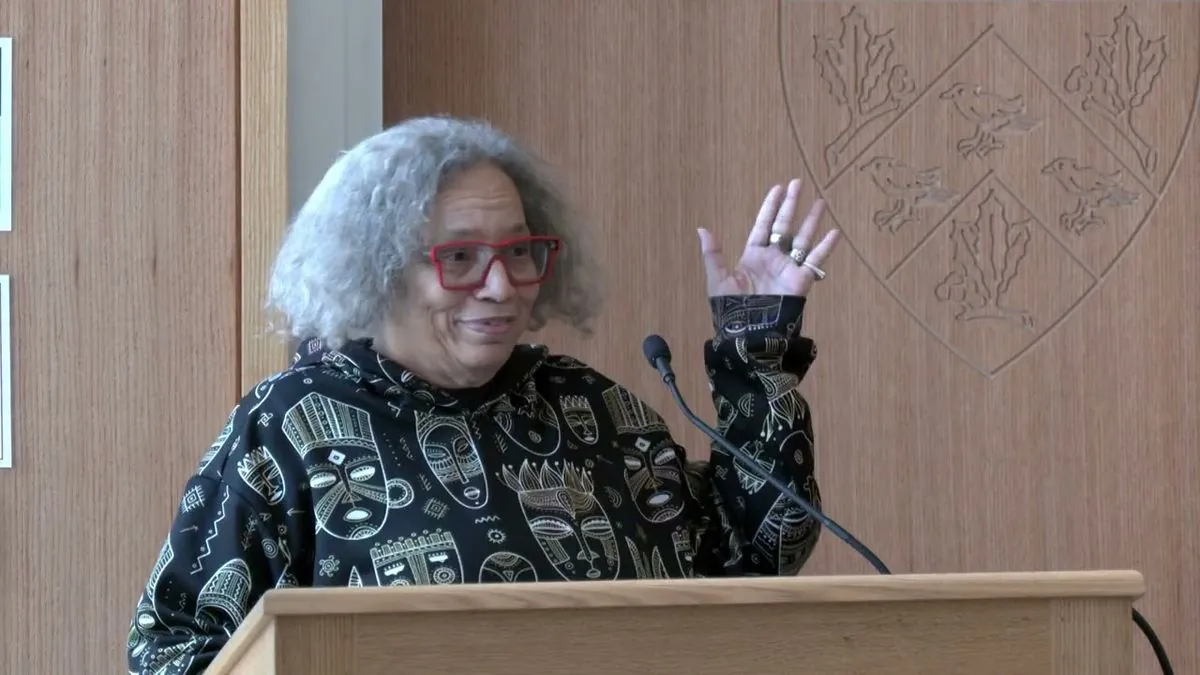Alexis Pauline Gumbs' "Survival Is a Promise: The Eternal Life of Audre Lorde" presents a distinctive approach to biographical writing, challenging traditional narratives and embracing the cosmic vision of its subject. This unconventional biography explores the life of Audre Lorde, a renowned African American writer, feminist, and civil rights activist, through a lens that intertwines natural phenomena with personal history.
Born in 1934, Audre Lorde emerged as a significant voice in literature and activism. Her work, including the groundbreaking "biomythography" "Zami: A New Spelling of My Name" (1982), addressed themes of sexuality, race, politics, and feminism with unprecedented candor. Gumbs' biography delves into the key relationships and influences that shaped Lorde's life, from her early allies in Catholic school to her life partner, Gloria Joseph.
The book's structure reflects Lorde's own approach to self-expression, eschewing linear chronology in favor of a more fluid, interconnected narrative. Chapters are framed by meditations on natural elements, drawing parallels between geological processes and Lorde's personal and intellectual evolution. This style aligns with Lorde's self-perception as a cosmic force for change, embodying the Yoruba goddess Oya, associated with winds of transformation.
Gumbs explores Lorde's experiences of isolation and discrimination, highlighting the challenges she faced as a Black lesbian in mid-20th century America. From her struggles in the family home to encounters with racism and homophobia in academic and social circles, Lorde's journey is presented as a testament to resilience and self-creation.
"I am Black because I come from the earth's inside."
The biography emphasizes Lorde's global impact and activism, connecting her protests against the Vietnam War to her advocacy for social justice worldwide. It portrays her as a figure who transcended national boundaries, linking struggles for equality across continents.
While the book's approach may sometimes blur the line between documented fact and imaginative interpretation, it ultimately succeeds in capturing Lorde's expansive vision of herself and her role in the world. "Survival Is a Promise" invites readers to consider biography as a form of world-building, echoing Lorde's own efforts to reshape reality through language and community.
As we reflect on Lorde's legacy 32 years after her passing, this biography stands as a testament to her enduring influence on literature, activism, and the concept of intersectionality. It challenges readers to engage with Lorde's fundamental question: How do we live our beliefs "right on the line of action and effect and change?"
